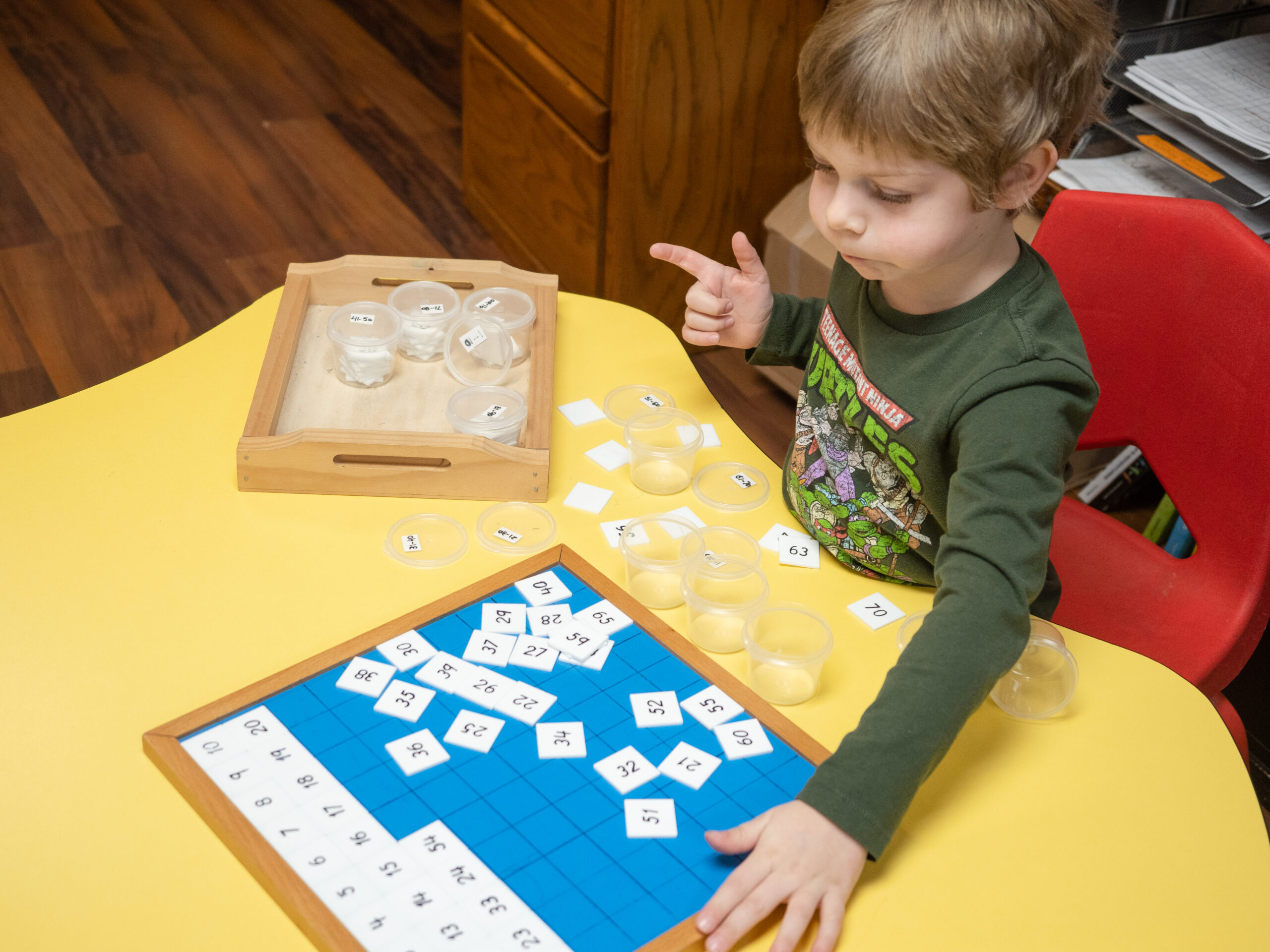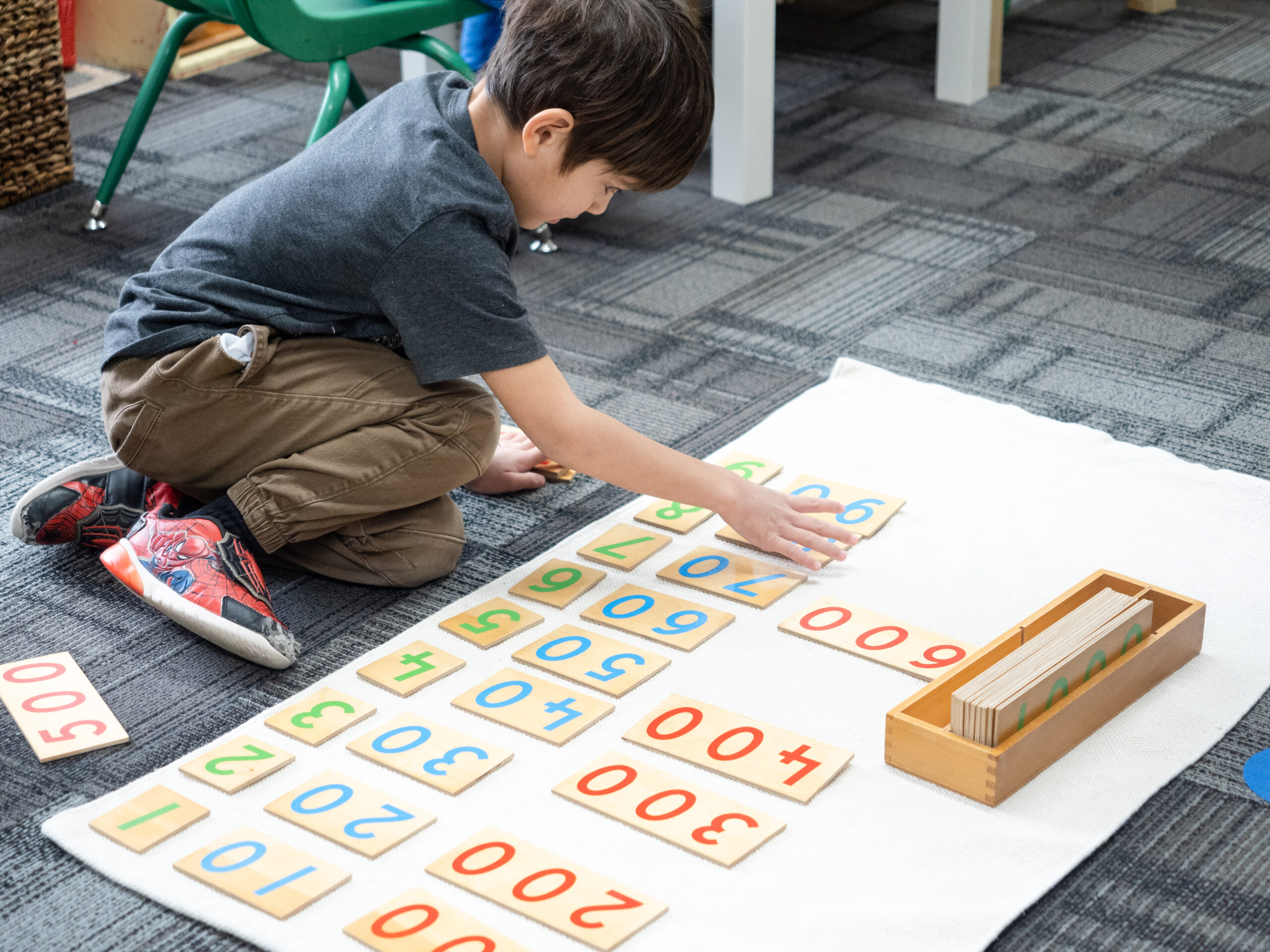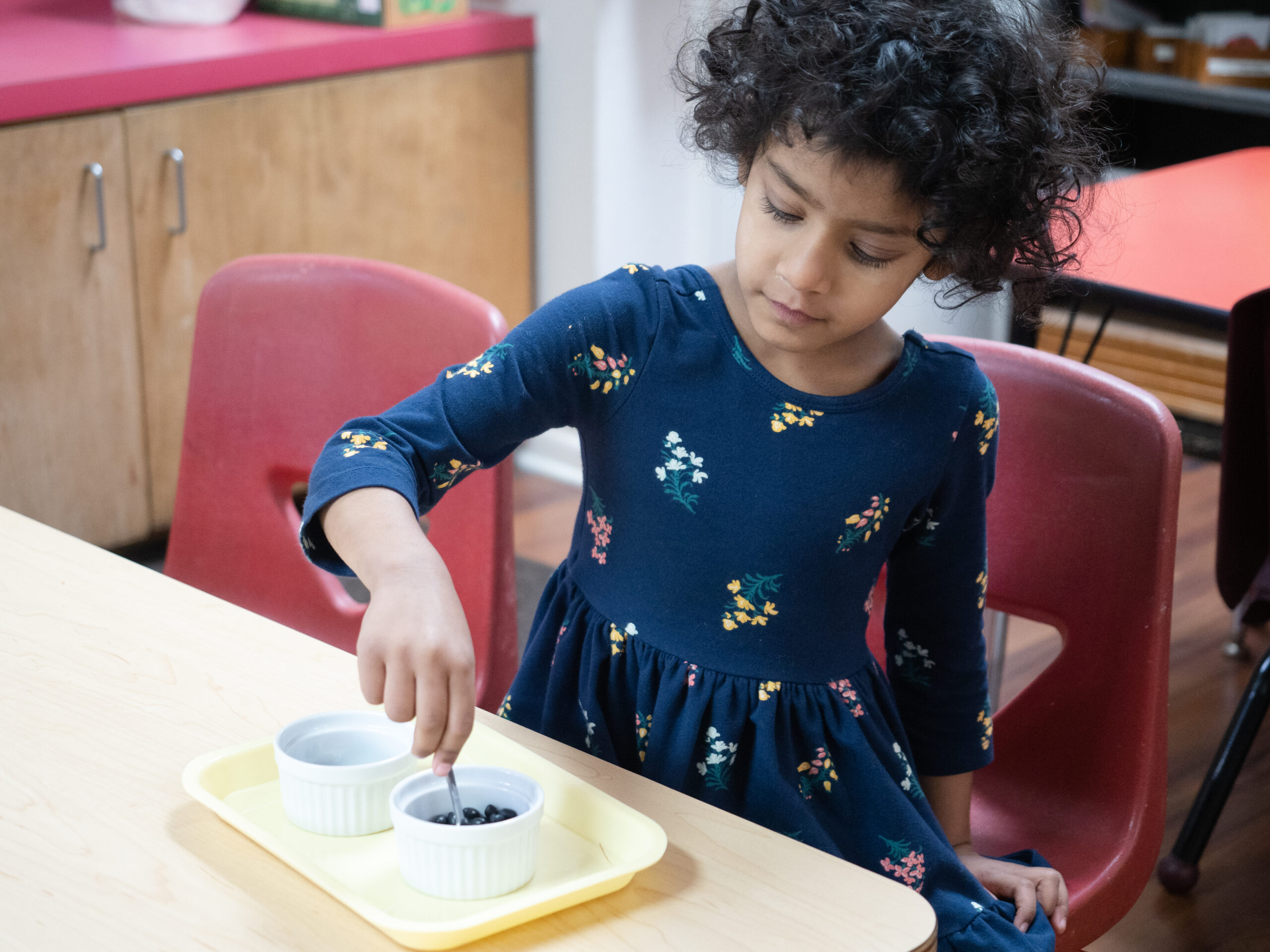Math is an essential subject that helps students develop logical and critical thinking skills, problem-solving abilities, and a foundation for advanced mathematical concepts. Montessori education is a child-centered approach that emphasizes hands-on learning and discovery. Here, we will discuss how math is taught in Montessori and what parents can expect.
The Montessori Method of Teaching Math
The Montessori approach to teaching math is unique and different from traditional methods. Montessori teachers believe that children learn math concepts more easily when they are presented in a concrete, hands-on way, rather than through abstract instruction. This means that children use manipulatives, such as beads, blocks, and cubes, to understand math concepts before they move to more abstract concepts.

In Montessori, children learn math in three different stages: sensorial, concrete, and abstract. The sensorial stage is designed to help children develop their senses and understand mathematical concepts through exploration and experimentation. During the concrete stage, children use manipulatives to learn math concepts such as counting, addition, subtraction, multiplication, and division. Finally, in the abstract stage, children use symbols and numbers to represent mathematical concepts.
What to Expect from Montessori Math Education
When children first start learning math in Montessori, they begin with counting and number recognition. They learn to count to ten, and then learn to count to one hundred. The counting process involves using beads or blocks to represent numbers and physically move them around. Children also learn to recognize numbers through hands-on activities, such as matching cards or sandpaper numbers.

Once children have a good understanding of counting and number recognition, they move on to learning basic math concepts such as addition and subtraction. In Montessori, children use manipulatives to understand these concepts. For example, children might use beads to add and subtract, or they might use a number line to understand the relationship between numbers.
As children progress through Montessori math, they learn more advanced concepts such as multiplication and division. These concepts are taught through hands-on activities using manipulatives. Children might use beads or cubes to learn multiplication tables or use division boards to understand the concept of division.
One of the unique aspects of Montessori math education is that children are encouraged to work at their own pace. Montessori teachers understand that each child has their own learning style and abilities. Therefore, they provide individualized instruction and allow children to move at their own pace through the curriculum.
Another important aspect of Montessori math education is that it is integrated into other areas of the curriculum. For example, children might learn about fractions while they are cooking, or they might learn about measurement while they are doing a science experiment.

Overall, Montessori math education is designed to help children develop a deep understanding of mathematical concepts through hands-on exploration and experimentation. Children are encouraged to work at their own pace and are provided with individualized instruction to help them achieve their full potential.


